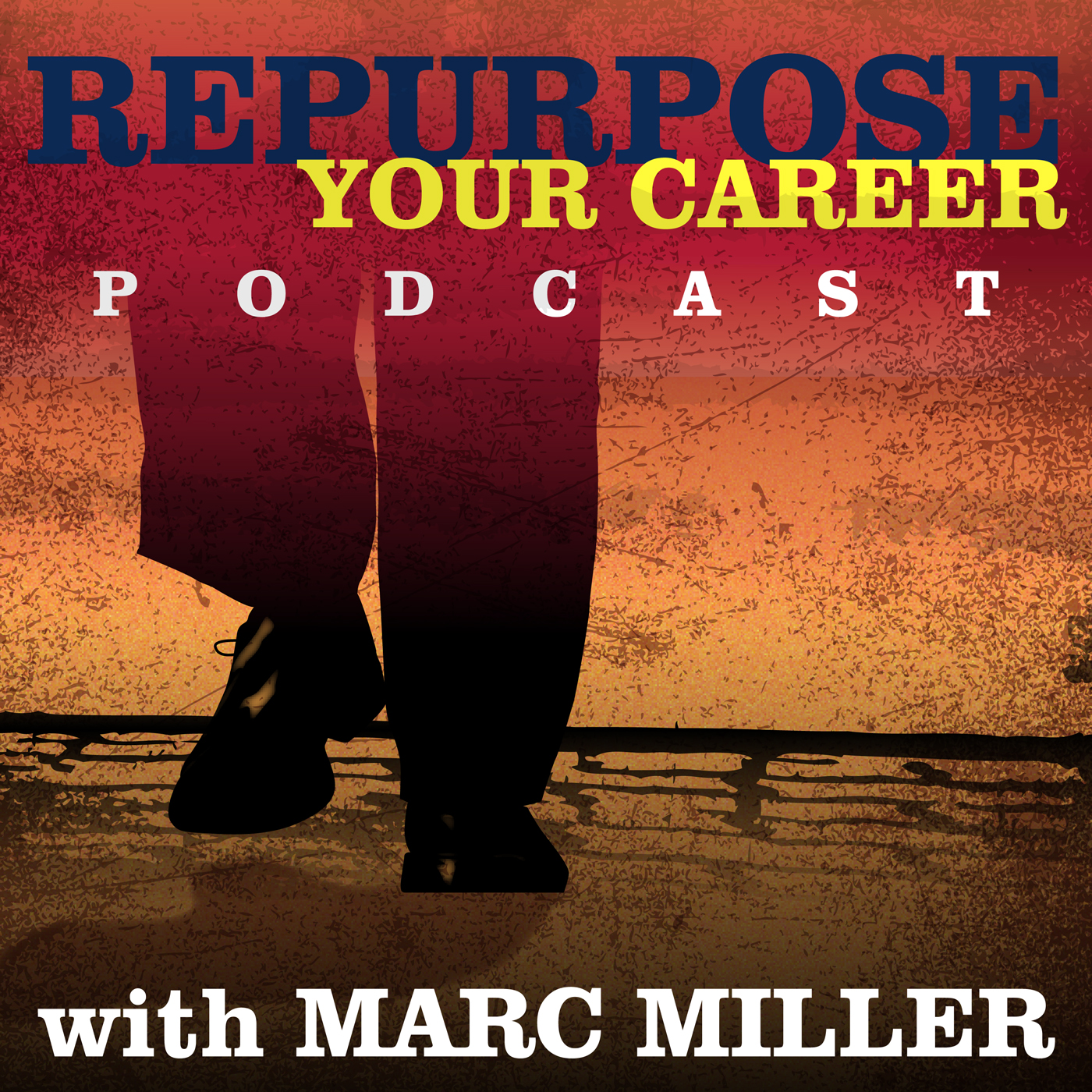Career and Life Disruption – Financial
 I started this series on career and life disruption more than a month ago.
I started this series on career and life disruption more than a month ago.
The series is based on the advice from Glenn Zweig who I interviewed in the podcast episode, How to Switch Industries from Executive Search Consultants Perspective. I reflected back on my career and life and how I had dealt with disruption. What I found was my life was full of disruption.
In this series, I will discuss 4 kinds of disruption and how I handled each. The 4 are as follows:
In this post, I want to discuss financial disruptions that could occur due to your employer’s decisions and what can be done to minimize the effects.
Making Financial Decisions in a Time of Uncertainty
I left IBM in January of 2000 to work for a successful network processor startup Agere Inc. We were acquired by Lucent which I wrote about in part 3 of this series.
Lucent then spun off the Microelectronics Group in 2001 as Agere systems. When the spin-off started there were 18,500 employees but there were only 11,500 left when the spin-off was complete. Like so many other telecommunication equipment manufacturers Lucent/Agere Systems’ business was hemorrhaging due to reduced orders from telecommunication carriers.
In 2002, I was on the team ranking individuals within our organization. This is a process that I never want to participate in again.
I was one of three managers in the area but had the smallest number of employees as I had only one employee at the time. We went about ranking everyone in the area.
The person at the bottom of the list was a young man that I had been mentoring on and off during previous year. He was in his late 20s and struggling both at work and in his personal life.
At the time we were receiving significant retention bonuses that our founder had negotiated when the original start-up was acquired. This young man had enough money to make a significant down payment on a house. All of the managers knew of his plan.
I then met with his manager and discussed telling him that buying the house at this time would be foolish. His manager was barred from telling him by company ethics policies, so we decided I would tell him over lunch.
Avoiding Having His House Foreclosed On
I took him to lunch and told him that buying the house would not be a good decision right now. He was the top candidate to get laid off next and even though that was not a guarantee that he would be let go it was likely.
The next month he was laid off.
I ran into him 4-5 years later and he thanked me profusely. He went 2 years unemployed, broke up with his girlfriend who he hoped to marry, and moved back in with his parents. Burning through all of his bonus money to stay afloat financially but he did not have a house foreclosed on. He still had a decent credit rating.
This young man was relatively clueless about the uncertainty that was going on around him. Even though we were laying someone off just about every other month.
He did not need to take a financial risk at the time. If he waited a year, it would not have made much of a difference.
Being situationally aware of what is going on at your employer is critical.
Helping this young man poked me to create a plan for my exit later in the year.
IBM Pension
In 1998, IBM decided to convert its retirement plan from a defined benefit (think pension) to a cash balance (think IRA). Anyone who was over 50 years of age with a certain length of service could stay with the old pension plan and everyone else was to be converted.
This created quite a stir and lawsuits were filed specifically to protect those of us who were between 40 and 50 years of age. I had over 20 years of service and was in my mid-40s. IBM finally gave in to pressure and in the middle of 1999, they reinstated the defined benefits plan for those between 40 and 50.
However, they stripped most medical benefits from the plan for those who retired prior to Medicare eligibility at 65 years of age. I was going to be eligible to retire at 52.
This was all a ploy to add $450 million to the earnings statement as that was the amount the pension was overfunded.
I remember very clearly having a conversation with a former boss who stated “they took the pension away and gave it back to us. They cannot do it again”.
My response was “Bullsh*t! They did it once and will do it again”.
I was right! They stopped funding the defined benefit pension plan in 2008 when I would have been eligible to retire.
Planning My Exit
At that point, I was pretty unhappy at IBM. I was 8 years away from being fully vested in the pension and I no longer trusted IBM.
In January of 2000, I was offered a position at Agere Inc. and I took it. Many of my colleagues told me I was crazy to give up the security of IBM. I was not willing to wait around for another 8 years for something that might not be there.
The man who replaced me, who was better qualified than I was, was laid off in 2004.
I made the right decision. As it turns out I pulled all of my pension and 401(k) funds and rolled them into an IRA and left them in cash in February of 2000 just as the stock market was starting to crash. I would love to tell you I was smart but the reality was I was working for one of the company founders and was too busy to bother with it. Largely I was unaffected by the dot com bust.
I would rather be lucky than good!
Uncertainty
In both of these stories, uncertainty played a major role in my decisions.
I have stayed ahead of severe financial disruptions by being aware of what was going on and being proactive. Volunteering for a layoff was the only time I was laid off, which was from Agere Systems. I negotiated a decent severance package and was almost immediately hired back as a consultant.
I was always listening and when it did not feel right, I paid attention.
Inertia is very dangerous in managing your career.
Have You Been Out of Work Due to a Layoff?
If you have, what did you miss? Lossing your job can be one of the most devastating financial disruptions in your life when it is not on your terms.
Are you working for an employer that is failing?
Are you prepared for the next recession? It is coming, it is just a matter of time.
What is your plan B?
Marc MillerLike What Your Read? Get Career Pivot Insights
Do You Need Help With ...

Check out our Help Center where you have access to 14 different content portals.


